
John Mahama officially began his second term as President of Ghana on Tuesday, January 7, 2025, following his swearing in ceremony at the Black Star Square in Accra.
The event, attended by over 21 heads of state, featured an inaugural address in which the president thoughtfully tackled critical issues facing the Ghanaian economy.
John Dramani Mahama’s inaugural speech marked a bold and confident return to the presidency, showcasing his intent to drive Ghana toward modernization and progress. His message emphasized inclusivity, economic renewal, and regional cooperation, offering a roadmap for addressing Ghana’s immediate challenges while laying the foundation for long-term growth.
Mahama’s commitment to tackling inflation and unemployment directly addressed the economic struggles that have plagued the nation. His focus on empowering local economies, developing agribusiness, and fostering a “24-hour economy” highlighted his ambition to create sustainable, grassroots-driven growth.
By advocating for fair taxes and calling on the Ghanaian diaspora to invest in the country’s future, he presented a vision of shared responsibility and economic self-reliance. His acknowledgment of BRICS (Brazil, Russia, India, China, and South Africa) as a potential partner underscored a strategic shift toward emerging global alliances that could help diversify Ghana’s economic partnerships and reduce dependence on Western financial institutions.
The fight against corruption was another key theme of Mahama’s address. His promise to enhance transparency and accountability in governance was essential and timely. Referring to the government as “mandated by the people” was a powerful reminder of the democratic principles that underlie Ghana’s political system.
However, the real challenge lies in ensuring these commitments are not relegated to mere rhetoric. The president must resist the allure of power, avoid detachment from ordinary citizens, and stay grounded in the realities of Ghanaian life. Transparency, accountability, and public trust will only flourish if Mahama actively engages with the people and listens to their needs and concerns.
The President must also prioritize the urgent needs of Ghanaians and eliminate wastefulness in governance. While his promises are ambitious, their success depends on prudent management of resources and a relentless focus on the public good. Ghanaians have long been disillusioned by leaders who pledge change but fail to deliver. This administration’s credibility hinges on its ability to translate Mahama’s hopeful words into impactful action.
Mahama also highlighted the critical role of agriculture and infrastructure in his vision for economic transformation. The potential of agribusiness to create jobs and boost exports is significant, and targeted infrastructure investments could have a ripple effect across multiple sectors.
On energy, he acknowledged the sector’s debt challenges and pledged to pursue sustainable reforms. His plans to collaborate with private power producers were pragmatic, but success will depend on balancing privatization with affordable energy access for citizens—a cornerstone of modernization.
A notable moment during the inauguration was the speech by Nigeria’s President Bola Tinubu, which followed Mahama’s address. This display of regional solidarity emphasized the importance of alliances in a continent increasingly defined by blocs like the Alliance of Sahel States. With Mali, Niger, and Burkina Faso asserting their self-determination and cooperation, Ghana’s role in promoting regional stability and collaboration becomes even more vital.
Mahama’s call for unity and acknowledgment of diversity as pillars of governance underscored his belief in collective effort as a driving force for progress.
In reaching out to the Ghanaian diaspora, Mahama demonstrated an understanding of the immense potential this group represents. By inviting them to engage and invest in Ghana, he struck a chord that could strengthen the country’s economic foundation and global ties. This outreach reflects a forward-thinking approach to national development.
Mahama’s speech was both brave and dignified. He charted a path distinct from his predecessor’s policies, particularly in signaling new global alliances and fostering self-reliance. While the challenges of fighting corruption and reforming the energy sector remain formidable, his message set the stage for a presidency focused on meaningful progress.
The peaceful transfer of power was a testament to Ghana’s democratic maturity and serves as an example for the region, often marked by political instability.
John Mahama’s inaugural speech was not just ceremonial; it was a strategic vision for Ghana’s future. By addressing economic revitalization, regional cooperation, and inclusivity, he outlined a leadership agenda rooted in determination and optimism.
The coming years will reveal whether his administration can deliver on these aspirations, but for now, Ghanaians can take cautious pride in a leader who has set a hopeful and ambitious tone.
By Collins Adjei Kuffuor
The post John Mahama’s Inaugural Speech: A blueprint for Ghana’s future first appeared on 3News.
Read Full Story

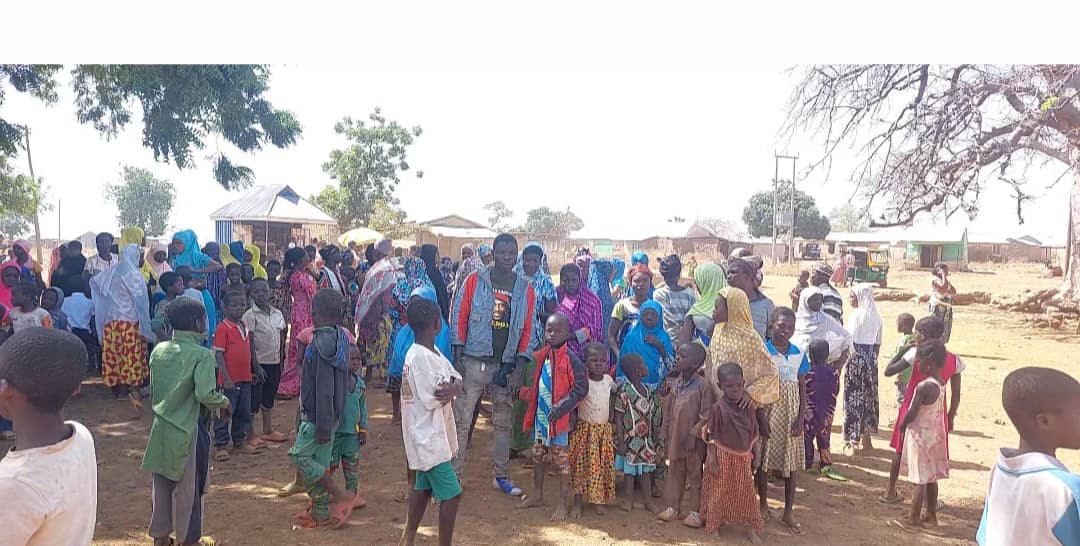

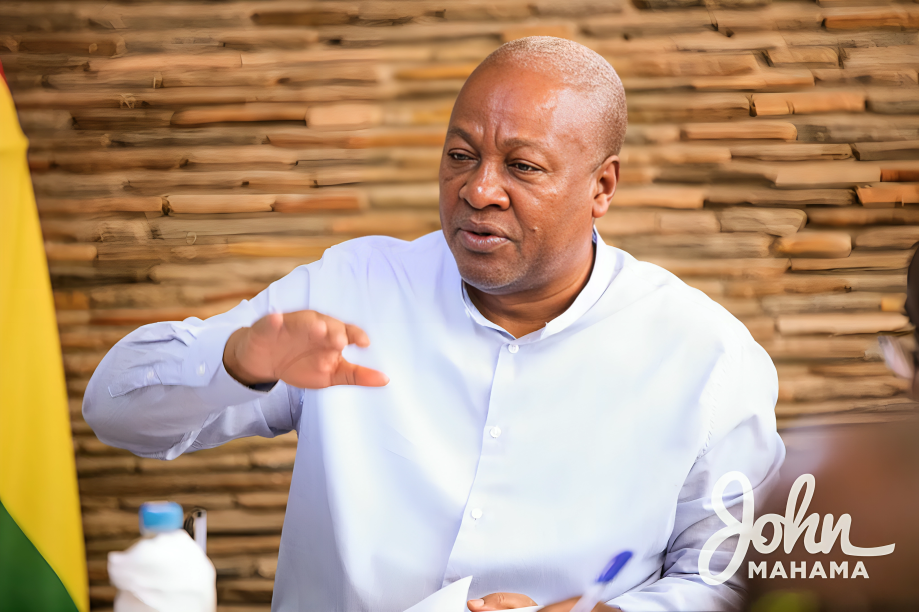

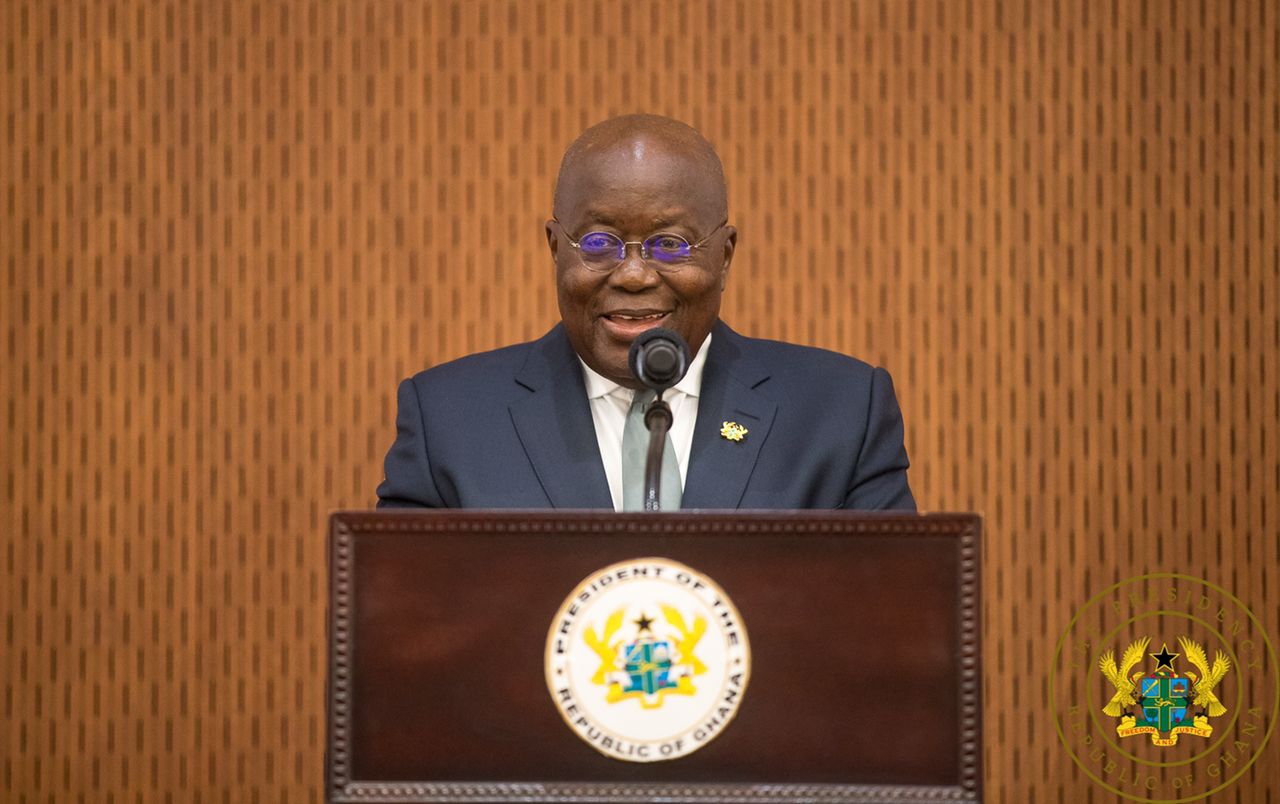
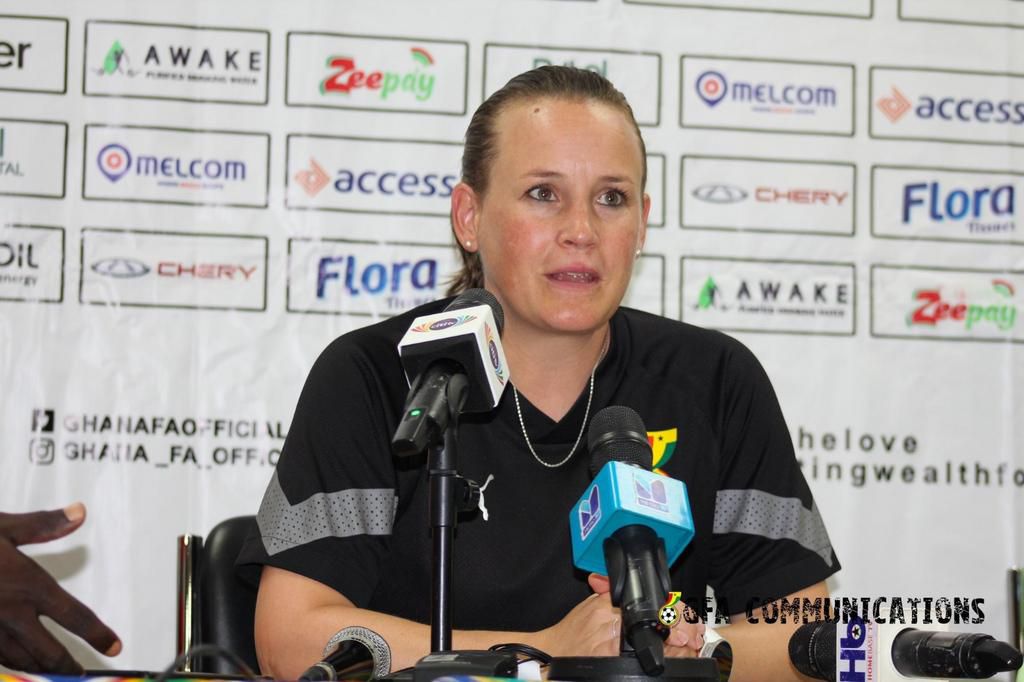
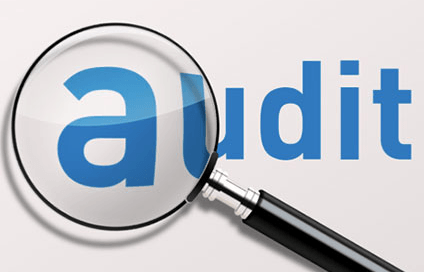

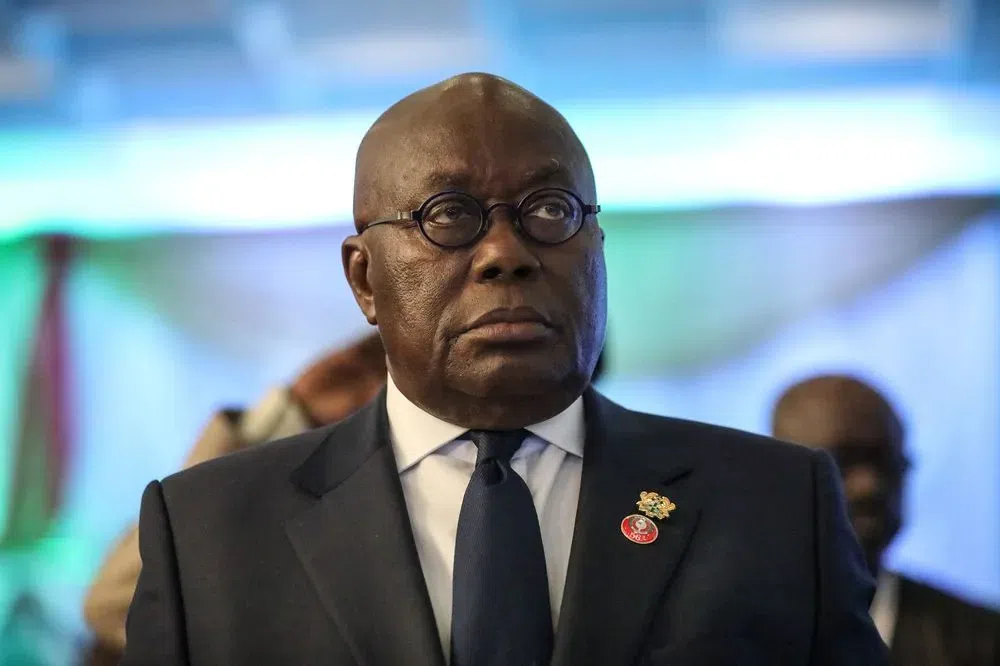



Facebook
Twitter
Pinterest
Instagram
Google+
YouTube
LinkedIn
RSS